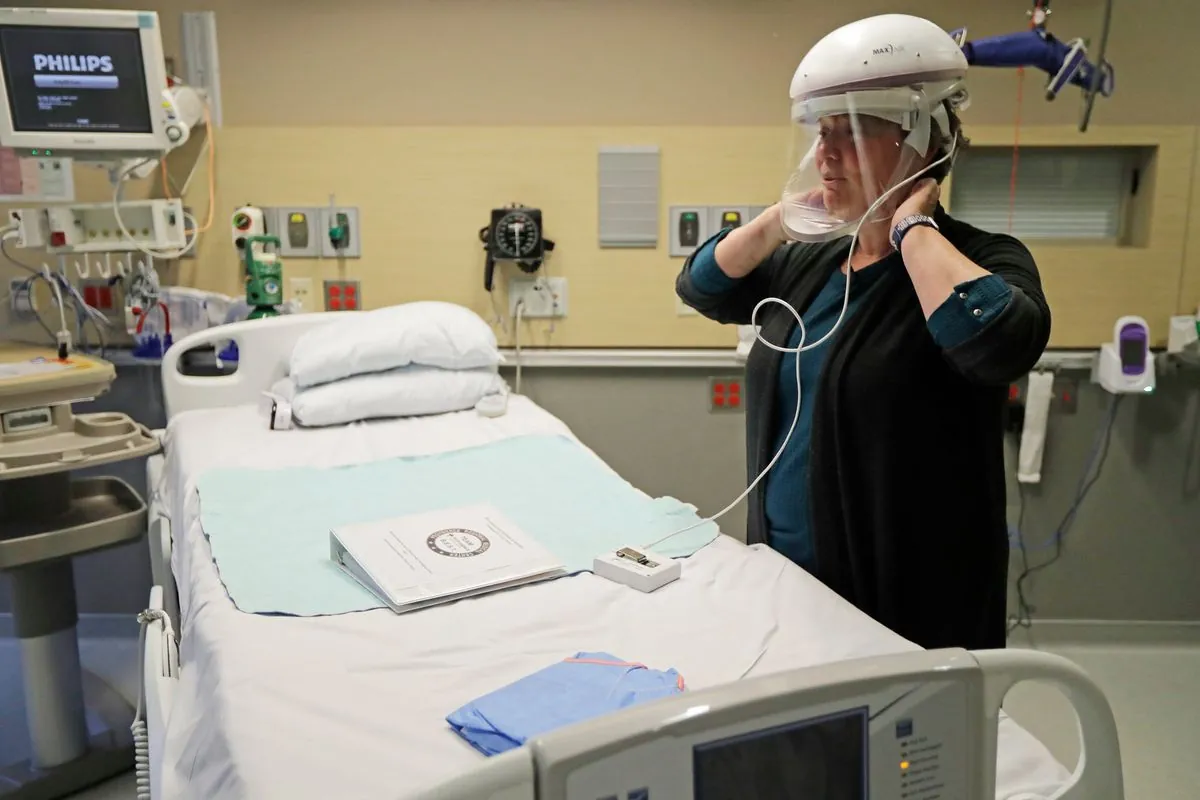Rwanda's health ministry has announced the country's first confirmed cases of Marburg virus disease, a rare but potentially fatal hemorrhagic fever. The ministry stated that a small number of individuals have been infected and are currently in isolation receiving treatment.
Marburg virus disease, first recognized in 1967, is named after the German town where it was initially detected in laboratory workers. The virus belongs to the same family as Ebola and is classified as a biosafety level 4 pathogen due to its high mortality rate, which can reach up to 88% in outbreaks.
The Rwandan health authorities are conducting an investigation to determine the source of the infection. Marburg virus is primarily transmitted to humans from fruit bats of the Pteropodidae family, which are considered natural hosts for the virus. Human-to-human transmission occurs through direct contact with bodily fluids of infected individuals.
Symptoms of Marburg virus disease include:
- High fever
- Severe headache
- Vomiting
- Muscle aches
- Abdominal pain
The incubation period for the disease ranges from 2 to 21 days. It's important to note that there is currently no specific treatment or vaccine available for Marburg virus disease. However, supportive care, including rehydration and treatment of specific symptoms, can improve survival rates.
This outbreak in Rwanda follows recent cases in neighboring countries. Tanzania reported Marburg cases in 2023, while Uganda experienced an outbreak in 2017. The largest recorded outbreak of Marburg virus disease occurred in Angola from 2004 to 2005.
Health officials emphasize the importance of proper hygiene and safety measures to prevent the spread of the virus. The virus can persist in certain body fluids of survivors for several months, and it can survive in semen for up to seven weeks after clinical recovery. Proper burial practices are crucial to prevent transmission during funerals.
While Marburg virus outbreaks are rare, they can cause severe public health crises when they occur. The virus can be inactivated by UV light, gamma irradiation, and heat treatment, which are important factors in controlling its spread in healthcare settings.
Marburg virus disease can be difficult to distinguish clinically from other infectious diseases, making rapid and accurate diagnosis crucial for effective containment and treatment. As Rwanda faces this new health challenge, international health organizations are likely to provide support and expertise to help manage the outbreak and prevent further spread of the virus.
"We are investigating to determine the origin of infection, and those infected have been isolated for treatment. The number of cases is few."
As the situation develops, health authorities in Rwanda and neighboring countries will remain vigilant, monitoring for any signs of further spread and implementing necessary preventive measures to protect public health.
